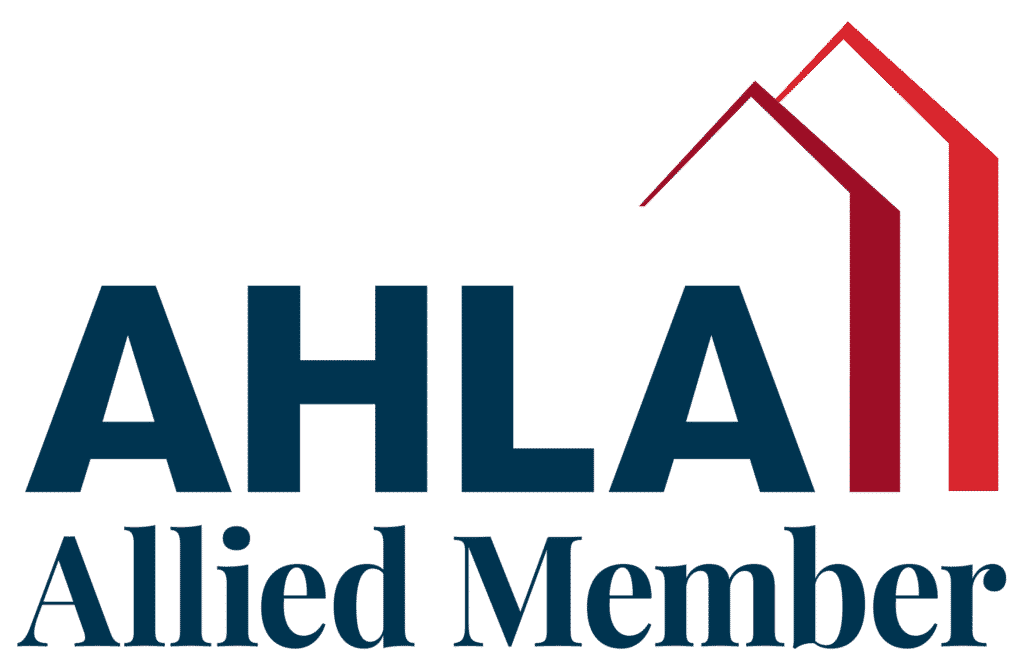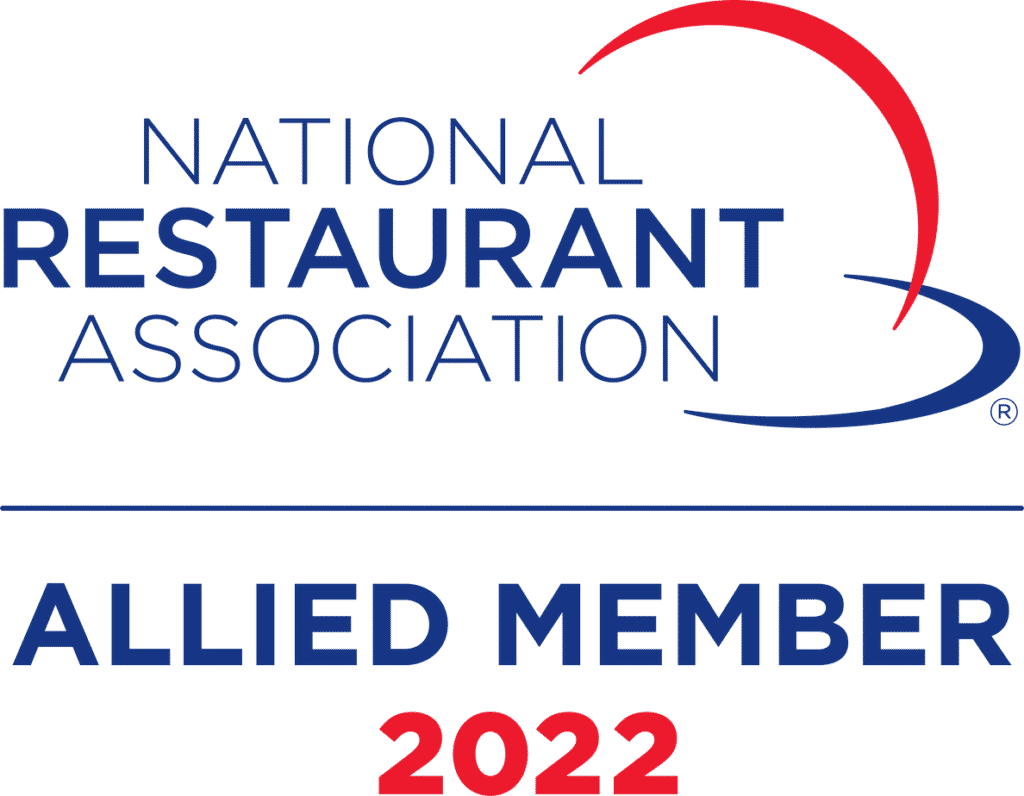Any management candidate will tell you that surviving the job interview process can be challenging, especially when small blunders can alter the meaning or intent of your message. The problem lies in the misunderstanding or personal perception that certain words create in the listener’s mind. This can often go unnoticed until the interviewer’s attention wanes and their interest cools. In such cases, candidates often leave the interview bewildered by what went wrong. However, the problem doesn’t end there. Even if you do get the job, these words can still cause issues in business meetings, negotiations, and interactions with colleagues and suppliers. They have the power to derail plans, sabotage management techniques, and stall goals. It is crucial for managers to be aware of these common words and use them carefully to avoid any negative consequences.
Using “You” and “My” Incorrectly
When using the word “you” incorrectly, it can result in a loss of credibility that is difficult and time-consuming to regain. The problem lies not in grammar or diction, but in the implied authority that comes with these words. It suggests that the speaker knows something about the listener and imposes their own views on them. Similarly, using “my” implicitly places a higher importance on the speaker’s views compared to the listeners. This goes against the principles of active listening, negotiating, and coaching, as it diminishes the concerns, impressions, and thoughts of the listener.
Replacing “Partner/Collaborator/Team”
In the past, terms like “partner,” “collaborator,” and “team” were commonly used to convey a friendly and horizontal management style. However, focusing solely on these words led to a lack of cost-effective and timely completion of work. While these terms are still relevant, it’s important to define boundaries and responsibilities. Instead, managers should emphasize their ability to follow leadership, carry their own weight, collaborate, and meet deadlines.
Overused Clichés: “Full Service/Solutions/Passion”
Words like “full service,” “solutions,” and “passion” have become overused clichés that mean different things to different people based on their individual experiences. If a job interviewer had a negative experience with managers who used these words but couldn’t deliver, they might develop a bad association with them. Additionally, these words are subjective, and using them without actual investment or commitment can leave a negative impression. Therefore, candidates should be cautious when using these clichés in job interviews.
Positioning Language: “Strategic/Full Service/Forward”
Words like “strategic,” “full service,” and “forward” are often used as positioning language to convey a broader meaning. However, they have become so overused that they no longer resonate with listeners. Using these words may unintentionally signal a lack of qualifications or a reliance on learning on the job. Instead, managers should strive to accurately describe their abilities and skills.
Alternatives to “Thank You”
Using the phrase “thank you” excessively can be seen as submissive or dismissive in today’s work environment. It implies that the listener did a favor by listening to you and received little benefit from the conversation. To show appreciation, managers can find alternative ways to express gratitude without relying solely on the phrase “thank you.”
Final Thoughts
Words have a powerful impact on our behavior, and the way we use them can accurately predict our actions. Although these seven common words may seem harmless, they have the potential to shape negative behavior if used carelessly. Therefore, as managers, it is crucial to be mindful of our language choices and strive for clear communication that fosters understanding and positive outcomes.





